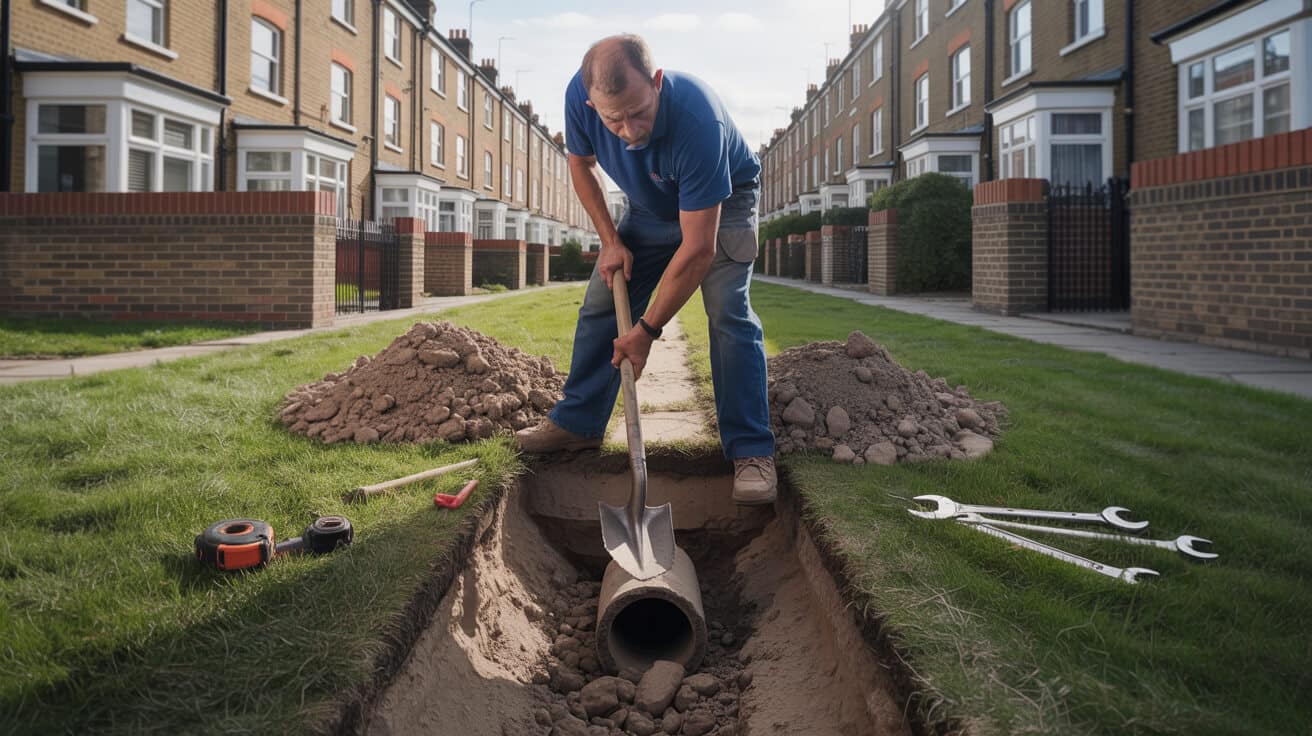 Boiler Installation Costs in The Uk Full Breakdown
Boiler Installation Costs in The Uk Full Breakdown

What Drives Boiler Installation Costs—and Why Timing Decides Your Final Bill
Few owners spot the real price of a new boiler until stress has already hit—whether it’s a freezing outage, a compliance demand from letting agents, or a late-night call from tenants. It’s easy to think a “functioning” boiler is serving your needs, but underlying issues like spiralling energy waste, rising fault risk, and hidden paperwork gaps quietly drain away hundreds and can block property sales, letting, and even insurance. Data from leading sources show old, poorly serviced boilers burn through £200–£400 extra each year in wasted energy and emergency repairs, before you even face a regulatory penalty (Which?).
“Letting your boiler’s problems pile up is handing your savings to the energy companies.”
Push replacement to tomorrow and the real price tag only grows: grants close, compliance gets harder, and new standards keep moving the target. The latest round of Part L building rules and more aggressive EPC requirements mean you now need airtight documentation and an A-rated boiler system to protect your asset. That’s not an upgrade—it’s mandatory for anyone who wants to rent, sell, or even insure a property in most of the UK.
Why “Wait Until It Breaks” Is a False Saving
Landlords fielding audits, property managers juggling calls about no-heat flats, and family homeowners stumbling into surprise winter breakdowns all hit the same wall: wishing they’d acted when options and funding were on their side. Every grant or paperwork cycle favours those who secure eligibility and quotes before the failure, not in the panic after.
If you want to actually “spend less,” the data is plain: get organised, get compliant, and get the spec right—before deadlines and repairmen call the shots.
Can You Really Reduce Your Boiler Costs With UK Grants and Funding This Year?
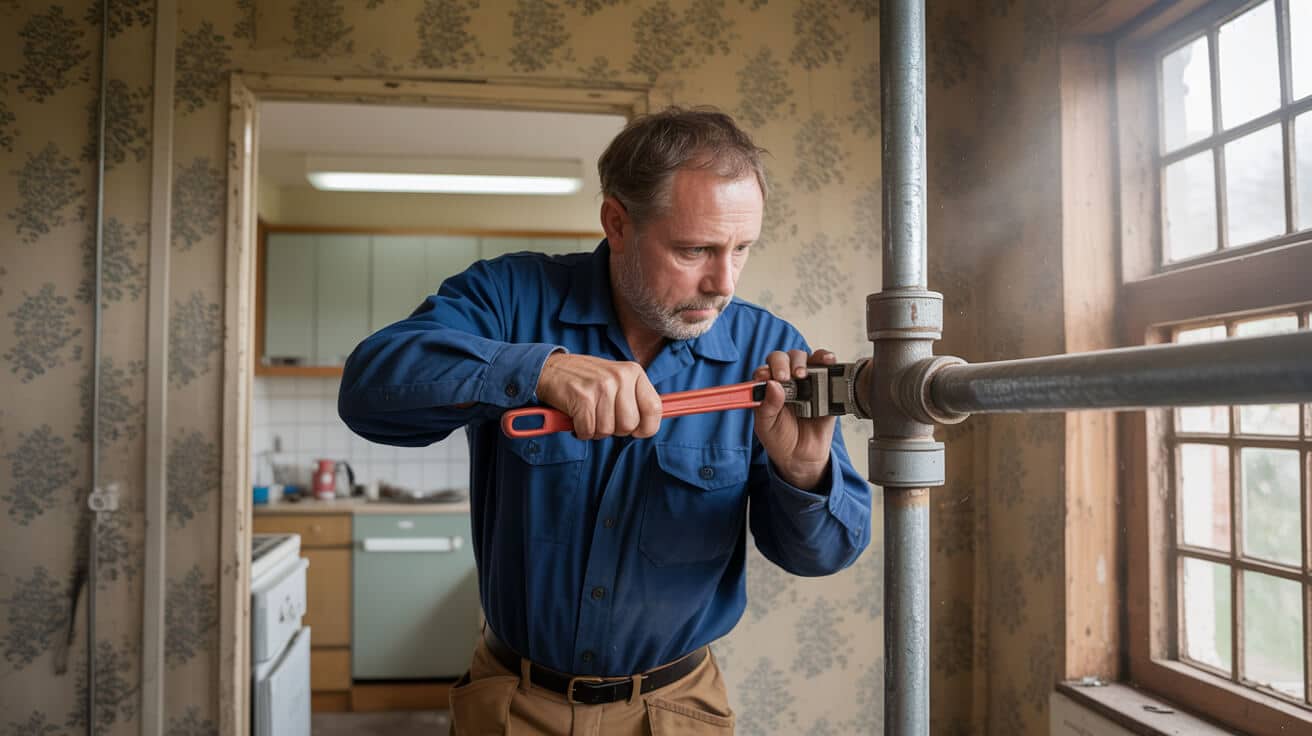
“Are there still ‘free boiler’ grants?” If you’ve heard the rumours, the picture’s more complicated—UK support schemes like ECO4 and the Boiler Upgrade Scheme still exist, but only if you play by the compliance book. The real challenge isn’t eligibility, but paperwork and installer credentials.
Main Boiler Grant Schemes in Play
- ECO4 (Energy Company Obligation): Typically supports homes with a lower EPC (energy rating) or those on qualifying benefits, funding a switch to *A-rated* Condensing Boilers. To claim, you’ll need paperwork handled by an accredited installer—DIY or “unchecked” contractors can’t unlock the grant. Installation teams that are WRAS, G3, GasSafe, WaterSafe-approved are a must, and their involvement is what drives most successful funding cases ([GreenMatch](https://www.greenmatch.co.uk/boilers/grants/pensioners?utm_source=openai)).
- Boiler Upgrade Scheme (BUS): Aimed at heat pumps, this offers up to £5,000 for qualified installations. Both homeowners and commercial properties are in scope, but numbers are capped and only valid for properties with the right EPC score and insulation. Every supporting document (surveys, proof of property status, compliance forms) must be in hand before work starts ([Gov.uk](https://www.gov.uk/apply-boiler-upgrade-scheme?utm_source=openai)).
- Local Authority & Energy Saving Trust Funding: Regional pots move fast and change rules quarterly, with eligibility tied to postcodes, property age, or eco status. Never assume—you have to secure written confirmation for your precise address ([Energy Saving Trust](https://energysavingtrust.org.uk/grants-and-loans/?utm_source=openai)).
- Checklist for Landlords, Managers, Multi-Site Owners: No money arrives without EPC proof, current Gas Safety, accredited installer details, and all compliance documents bundled together *before* grant application.
“Success isn’t about knowing grants exist—it’s about having your paperwork and installer lined up before programmes close.”
Smart play: Save time and stress by letting a rigorous installer coordinate the process—chances of grant approval soar when every step is by the book.
How Much Does a Boiler Actually Cost in the UK? (And Why No Two Instals Are Alike)

Ask ten people what they paid, and you’ll get ten different numbers. The real answer is shaped by your property’s size, heating spec, and how tight your paperwork is.
| Boiler Type | Unit Price Range | Best Properties |
|---|---|---|
| Combi | £500–£3,000 | Flats, 1-2 bed homes |
| System | £600–£3,000 | Larger families, renovators |
| Regular | £600–£3,500 | Pre-2000s or large homes |
| Electric | £700–£2,500 | Off-grid, small sites |
Actual instal charges run higher, because the hidden costs—like pressure system tweaks, flushes, and smart controller wiring—are rarely included on “headline” quotes. You need a survey to get this right.
Why Installer Qualifications Mean Real Savings
It’s easy to be seduced by the lowest bid. But unless that price includes full WRAS, GasSafe, G3, or WaterSafe registration—plus documented grant and aftercare channels—it’ll usually cost you more. Accredited engineers can access funding, guarantee lower risk of breakdown, and supply every certificate needed for letting or future claims (WaterSafe).
“Expert installers pay for themselves in grant access, warranty protection, and less stress.”
What Should Be in a Boiler Instal Quote—and How Do Hidden “Extras” Inflate Your Price?
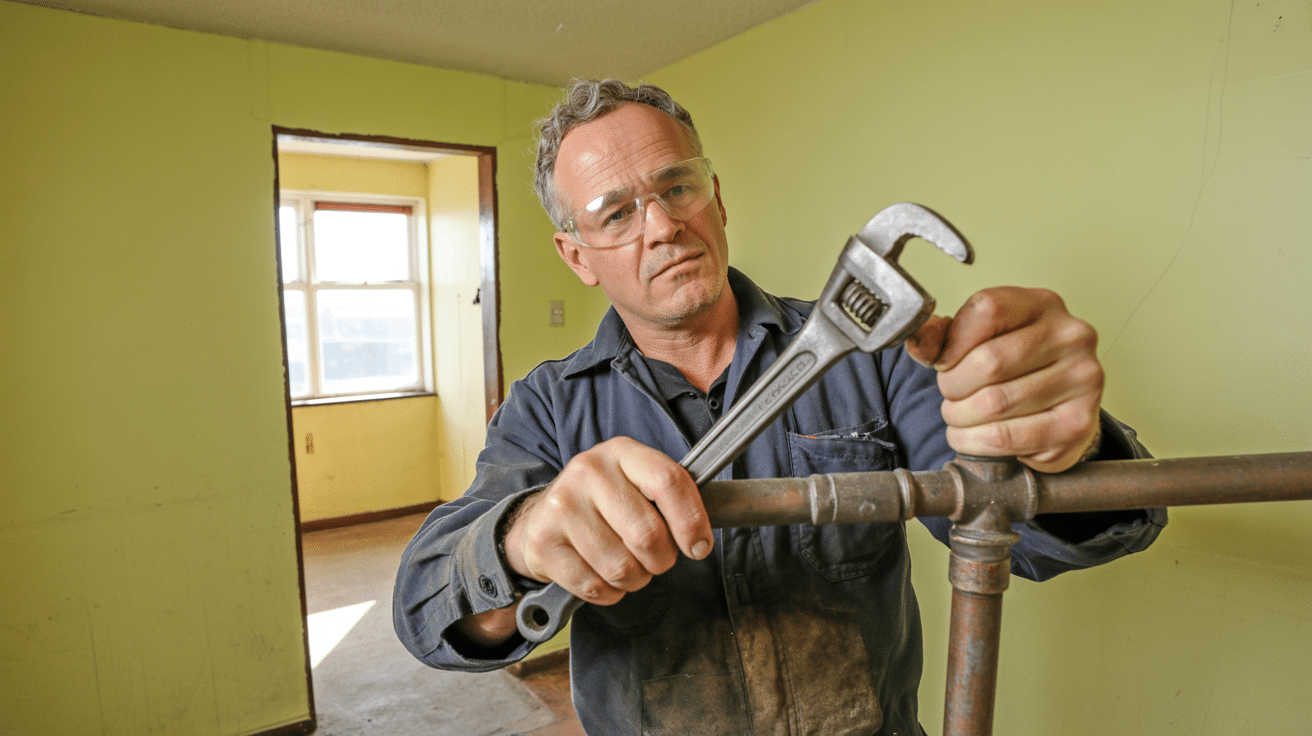
Why do two quotes for the “same boiler” differ by £800–£1,200? It’s not usually the brand. The difference is in how well the quote spells out what’s included, which compliance steps have been costed in, and whether the installer owns the aftercare.
What Actually Drives UK Boiler Installation Cost
- Labour: From £500–£2,000, mostly based on complexity and engineer’s accreditation.
- System Flush: Powerflush (£300–£800) or chemical flush (£100–£150)—mandated by most warranties and often a sticking point for grant funding ([Gasking](https://gasking.co.uk/blog/new-boiler/new-boiler-installation-costs-a-comprehensive-guide-for-homeowners/?utm_source=openai)).
- Magnetic Philtre: £100–£200 for compliance and aftercare.
- Smart Control or Stat: £100–£350, now essential with new EPC rules ([Octopus Energy](https://octopus.energy/blog/heating-controls-epc/?utm_source=openai)).
- Extra Pipework/Corrections: Hidden system quirks can drive up spend by £100–£800.
Full, detailed quotes list what’s guaranteed (compliance, warranty, paperwork), what’s optional, and what’s needed for grant eligibility.
What Sneaky “Extra” Charges to Look Out For
- Smart controls/thermostat valves: No longer a gimmick—grants and EPC upgrades require them.
- Warranty extensions: Only valid if every step is marked off and certificates in your digital pack.
- G3 Upgrades (unvented cylinder safety): Common in new builds, cost £500–£1,000, and are legally required for most flats and multi-stories ([Citizens Advice](https://www.citizensadvice.org.uk/consumer/energy/energy-supply/getting-help-paying-your-energy-bills/boiler-grants/?utm_source=openai)).
If a quote looks “almost too cheap,” you’re probably missing this safety net. If the paperwork isn’t itemised, you’re gambling with more than just cash—you risk your compliance and warranty.
Why Regulations, EPCs, and Paperwork Control the Real Cost—Not Just the Boiler

Today’s law means no cut corners. The newest Part L regulations and updated EPC rules apply to every instal.
- Efficiency Mandate: Only A-rated (92%+ efficient) boilers can meet code requirements.
- Flow Temperature Laws: Systems must run below 55°C if installed now, ready for future-proofed heating and energy saving. This is non-negotiable ([Vaillant](https://professional.vaillant.co.uk/for-installers/business-support/developing-your-business/in-the-know/low-temperature-heating-what-installers-need-to-know-2663165.html?utm_source=openai)).
- Paperwork Police: You’ll need a full pack: GasSafe, WRAS, G3, WaterSafe installer IDs, benchmark logbook completed, and all Part L docs in order ([WaterSafe](https://www.watersafe.org.uk/about/who-are-watersafe/?utm_source=openai)).
“Sleep at night comes from knowing your boiler is dotted, signed, and covered for audit.”
Even a single missing certificate can kill a letting, snarl your sale, or invalidate insurance. With funding schemes so tight, only a process-driven engineer can walk you through the maze—no stress, no missing docs.
How to Keep Your Boiler Upgrade On-Budget—The Cost Control Checklist
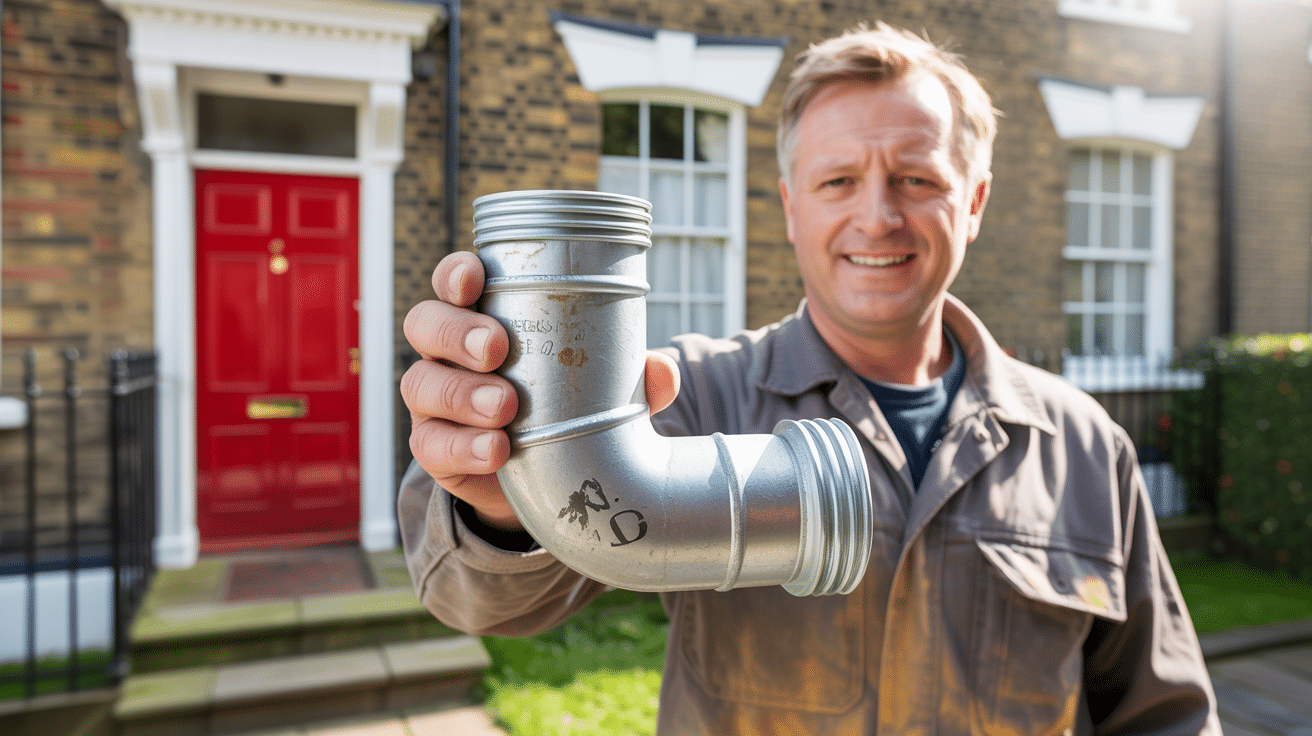
No one likes surprise bills or last-minute paperwork chases. The most successful clients—homeowners, property managers, local authority teams, and landlords alike—fight risk and cost creep with a handful of steps.
Six Steps to Protect Your Budget and Sleep
- Always get more than one written, itemised quote.:
- Check what’s grant-funded, what’s required, and what’s truly optional.:
- Insist on proof of all the right accreditations—no guesses, just documents.:
- Store your own paperwork: digital copies of every cert, after-photo, and completed benchmark.
- Demand system flushing, philtres, and smart controls in your contractor’s paperwork.:
- Plan your aftercare: agree who covers what, with numbers and names included.
“When you hold your own paperwork, you hold the power—grants, repairs, and letting go smooth.”
Only when you keep your own digital pack does funding, compliance, and aftercare happen when you need it, not after a scramble.
Why Plumbers 4U Is the Safer Bet for Boiler Instals—and Future Value
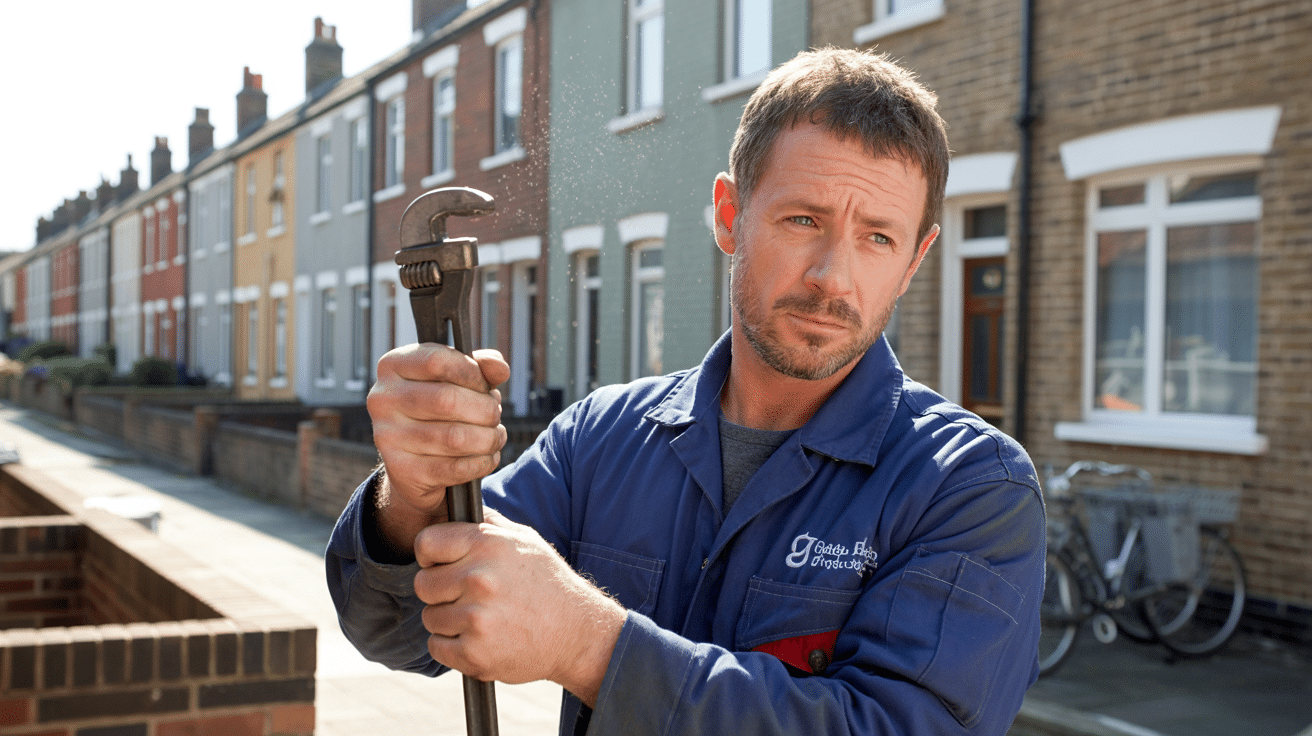
The biggest difference in your boiler journey? It’s the engineer you trust. The right team safeguards not just your system’s instal but every bit of your compliance, grant access, warranty protection, and your time in the face of audits.
- All Bases Covered: Plumbers 4U engineers—every one—are WRAS, WaterSafe, G3, and GasSafe. That’s your ticket to pass every audit, unlock every grant, and maximise compliance-driven property value.
- Surveying for Surprises: Upfront, detailed site surveys surface every risk—from old copper lines to undocumented changes—so your quote is tight and true to what you actually need.
- No-Shock Quotes: Homeowners and commercial property pros get clean, plain-English, line-by-line quotes. No grey areas, just clarity.
- Digital Handover: Your digital pack includes every cert, benchmark, and compliance file for rental, insurance, or sale—not just a scrap of paperwork left behind.
- Funding Unlocked: Our specialists know the grant windows, evidence standards, and installer obligations inside out.
“Clients who stick with accredited experts get more funding, face fewer headaches, and own every form they need—first time around.”
People turn to Plumbers 4U because our process saves them from last-minute paperwork nightmares and regulatory backlog—especially when grant approval or sale deadlines loom.
The Penalty for Waiting—How Delays Blow Up Your Budget and Open Risk

Most owners dread the first winter of “let’s just squeeze it another year.” The cold reality: each year of delay can triple or quadruple your total spend, drain the grant pool, or flatline an insurer’s support.
- Emergency Premium: Callouts during winter are two or three times more expensive; you lose all grant options once it’s reactive, not planned.
- Lost Funding: New quarters reset funding cycles—missed paperwork means eligibility vanishes for a year or even deflates your property’s status.
- Compliance Clampdown: An old, uncompliant boiler can mean instant insurance issues, letting refusals, or EPC/Energy rating drops.
- Creeping Costs: Stalling adds £200–£400 a year in wasted fuel and extra fixes, every year you put it off.
- Regulatory Fines: Fail Part L or EPC audits? Fines, forced upgrades, or long delays on letting and sales.
“Nothing’s more expensive than delay. The winner is always the owner who plans, acts early, and keeps a tight paper trail.”
Waiting may feel easier now, but nearly always costs more in the pound—and in sleep and property value—when the chips are down.
Get Your Compliance Review and Clear Quote From Plumbers 4U Today
Ready for relief from paperwork stress, funding fears, and future compliance headaches? Here’s the no-stress next step:
- Book an up-front, itemised quote: —on-site or online. Every protection, grant, and compliance step called out, nothing left to guesswork.
- Speak to a certified engineer: —ask what grants or upgrades you qualify for, how Part L and EPC affect your site now, and what’s needed for tomorrow.
- Get your digital compliance pack: —secure all your paperwork before you spend, not after.
- Enjoy our free, full compliance review: —across grants, letting, and future upgrades.
“Don’t gamble with your property value or approval—own your paperwork, grant access, and compliance in one go.”
Plumbers 4U stands for getting every UK client—homeowner, landlord, or agency—wrapped, ready, and funded with certified, transparent boiler installations. The stress, delay, and paperwork maze? That’s our job to solve, so you win now and in every audit to come.
Frequently Asked Questions
What hidden costs and “must-have” extras really shape your UK boiler installation bill?
The amount you pay for a new boiler in the UK goes far beyond the eye-catching price advertised online. An upgrade rarely costs less than £1,500—and for homes with complex plumbing, restrictive access, or legal must-haves, the bill often tops £5,500 before VAT. That’s because installers must build in much more than the boiler itself: labour (typically £500–£2,000), system flushing (non-optional for warranty), hazardous waste removal, and the labyrinth of certificates now required for insurance and grants.
Expect a higher bill if you need modern smart controls, new safety or mixing valves, or pipe system overhauls for compliance. In the past 18 months, surveys by the Energy Saving Trust found more than one in three homeowners received quotes with 3+ unlisted extras revealed late in the process.
Shortcuts leave a paper trail—every hidden cost missed up front doubles the risk and hassle later.
Why do some “extras” always appear after the survey?
- System flushes (£150–£800), after a site check reveals decades-old sludge.
- Digital/smart thermostat, needed to comply with Part L standards and unlock grants.
- Pipe replacements or upgrade for pressure/hot flow—especially in older homes with gravity systems.
- Legal documentation costs—Benchmark logbook, Gas Safe, WRAS, G3, EPC paperwork: each has its own invoice line.
- Unplanned access or disposal work, including tank removal, scaffolding, or asbestos precautions.
Table: Typical Boiler Installation Cost Breakdown
| Item | Typical Range | Why It’s Needed |
|---|---|---|
| Boiler (Combi/System) | £500–£3,500 | Core unit (must be A-rated) |
| Labour | £500–£2,000 | Accredited heating engineer |
| System Flush | £150–£800 | Warranty and grant requirement |
| Smart Controls | £100–£400 | Legal/EPC/insurance link |
| Pipe Upgrades | £200–£1,000+ | System, pressure, or compliance issue |
| Legacy Kit Removal | £100–£400+ | Safety, access, waste law |
| Documentation | £100–£400 | Insurance, grants, resale paperwork |
Property managers and homeowners who demand a line-by-line quote prevent these charges from piling up after work starts. Plumbers 4U, for example, itemise every element—covering both visible costs and legal “landmines” up front—so you control the budget and the outcome.
Which pitfalls raise UK boiler bills unexpectedly—and how can you sidestep them?
Most costly regrets come not from the wrong boiler brand, but from hidden upgrades and retroactive compliance steps missed at the quoting stage. It’s easy to get excited by “boiler only” deals, but they’re rarely fit for homes with real-world plumbing, insulation gaps, or regulation risk. For property owners, the grief starts when manufacturers or insurers reject claims because a non-accredited engineer, skipped system flush, or missing paperwork voids the warranty post-instal.
Failures from missing paperwork or skipped legal steps can double your out-of-pocket spend within one year.
How do you shield yourself from surprise charges?
- Demand granular, written quotes: Insist that every major step—boiler, philtre, pipework, system flush, controls, disposal—is line-itemed by your installer.
- Audit engineer credentials: Genuine Gas Safe, WRAS, and (for unvented systems) G3 certificates aren’t a “bonus”—they’re the legal baseline.
- Check for full-site surveys: Flat conversions, high-level flue work, or homes with legacy tanks require on-site checks or costs rise on instal day.
- Ask about grants/EPC at sign-off: Uninformed installers often miss available funding or EPC-linked extras, costing you thousands in missed aid.
- Request digital paperwork: Insist on pre/post job photo evidence, digital logbooks, and certificates for both property files and resale.
- Monitor documentation timelines: Most grants now require initial paperwork submitted *before* works commence.
Between 2022–24, a Resolver industry study showed property owners using digital-first, “compliance-included” installers paid an average 19% less in unexpected extras within six months of instal. Demand total transparency from your provider—firms like Plumbers 4U make this part of every standard quote.
Why do Building Regs, WRAS and G3 certificates directly affect your boiler instal cost?
Every year, the regulatory net gets tighter in the UK—especially for rental or grant-eligible properties. Gas Safe, WRAS, Building Regs Part L, G3 certification (for unvented cylinders), and WaterSafe schemes aren’t just badges—they change what can be installed, by whom, and at what cost. Installers must now document every lawful step, from system flushes to thermostat upgrades, to keep homes insurable and future funding eligible.
Skimping on legal paperwork turns a warranty booklet into a liability—and funding into fiction.
How does regulation reshape price and risk?
- Only certified firms can access manufacturer warranties, instal new cylinders, or provide legal sign-off for insurance and EPC.
- WRAS certification ensures clean water and legal waste separation—saving thousands on compliance and dispute costs later.
- Part L (2024) enforces smart controls, minimum insulation, and A-rated boilers as the default.
- EPC rating requirements drive property value and future saleability—compliance means higher value, non-compliance means delays and penalties.
Compliance Table: Regs That Add Cost—but Prevent Risks
| Rule/Certificate | Direct Cost Added | Value Delivered |
|---|---|---|
| Gas Safe (all) | £100–£400 | Insurance, legal heating |
| WRAS (water) | £100–£400 | Clean supply, resale |
| G3 (unvented HW) | £150–£700 | Cylinder safety, grant |
| EPC/Benchmark | £200–£500 | Funding, resale, letting |
Trusted brands like Plumbers 4U use certified engineers able to deliver bulletproof compliance, helping you avoid costly rework, grants lost, or voided warranties—saving money, stress, and time for both private and professional property managers.
Which UK boiler grants and schemes can slash your upgrade cost—and what are the real qualification rules?
With rising housing costs, property owners and landlords should know which funding routes exist—and how real-world eligibility shapes success. ECO4 and the Boiler Upgrade Scheme (BUS) remain the two main ways to cut a bill by 20–70%, depending on your EPC rating, benefit status, and the installer’s paperwork. But each route comes with hurdles: missed documentation, non-accredited work, or incorrect timing can nullify your claim.
Compliance isn’t a formality—it’s your ticket into the ‘funded’ queue for the next decade.
Current Funding—What’s Really on Offer?
- ECO4 scheme: For homes with low EPC (D–G) and qualifying benefits. Typically covers full A-rated system, controls, and flushes, if all evidence is squared up before instal.
- BUS (Boiler Upgrade Scheme): Up to £7,500 for heat pumps, £5,000 for certain eco-biomas options. Requires MCS (not just Gas Safe/WRAS), digital paperwork, and home survey.
- Local grants and Leicester/Manchester zone deals: Postcode-specific, strict EPC/benefit overlap, often time-limited.
- VAT relief: Up to 20% saving for over 60s, disabled, and benefit recipients with the right paperwork.
- Landlord upgrades: Linked to tenant needs, fuel poverty triggers, or compliance grants for energy innovation.
Quick-Reference Grant Eligibility Matrix
| Grant Scheme | EPC Needed | Benefit Required | Installer Status |
|---|---|---|---|
| ECO4 | D–G | Yes | Gas Safe, WRAS, WaterSafe |
| BUS | C+ | No | MCS, G3, full paperwork |
| Local Grants | Any | Varies | Gas Safe, WRAS, EPC linked |
Recent Plumbers 4U data shows clients that qualified for at least one funding source cut upgrade costs by an average £2,600—but only when paperwork, engineer ID, and EPC rating matched. Ask your installer to walk you through grant checks before work begins, not after.
How do you verify your boiler quote is truly “legal ready” for funding, resale, and insurance?
It’s easy to grab the cheapest estimate—and regret it when a letting agent, insurer, or grant body demands digital proof, instal photos, and coded certificates. High-trust installers build every step, from components to compliance, into the written quote and job log—making your money work harder and your property safe from future surprises.
What evidence secures your investment and reputation?
- A unique price and audit trail for each part and step: no “catch-all” or unclear line items.
- Listed certificate numbers and engineer ID for each compliance stage—especially vital for unvented cylinders (G3) and smart controls (Part L).
- Electronic, photo-logged instal evidence with digital receipt and user guide on handover.
- Transparent terms, VAT status, and aftercare routine—resale and insurance bodies require these records.
Ownership means having every part, cert, and warranty in one digital file—ready for resale, insurance, or grant inspection.
Table: Minimum Quote and Documentation Features
| Feature | Why It Matters | Trouble If Missing |
|---|---|---|
| Itemised cost lines | Proof for grants/letting | Unlisted extras, disputes |
| Certificate/engineer log | Warranty/legal shield | Funding, cover refused |
| Digital job record | Audit trail for claims | Paper lost, resale delay |
| Aftercare/contacts | Smooth post-instal | Faults left unresolved |
Working with documentation-focused companies like Plumbers 4U, you’re always equipped for compliance checks and grant deadlines, and your investment stands up to any test.
How does your choice between combi, system, and regular boilers alter cost and legal risk?
Choosing between combi, system, and regular (conventional) boilers steers not just price, but everything from warranty scope to long-term property value. Combi swaps are often the most straightforward, but system and regular instals can hide costs—especially when old cylinders, tanks, or outdated controls are uncovered mid-job.
How do the core types compare under real-world scrutiny?
- Combi boilers: Ideal for flats/small homes; minimal extras but must always include system flush and controls to keep legal. System piping and water pressure still matter.
- System boilers: hot water cylinder is integral; swaps may require a new or better-insulated tank and zoning to pass EPC/Part L.
- Regular boilers: For larger or old homes with gravity tanks—almost always triggers extra pipe, vent, or valve work; compliance and documentation load is highest.
Table: Boiler Choice—Where Hidden Cost and Risk Creep In
| Boiler Type | Extra Labour | Hidden Compliance | Upgrade Trap |
|---|---|---|---|
| Combi | £500–£1,000 | Flush, controls | Missed system philtres |
| System | £700–£1,300 | G3/cylinder | Cylinder insulation, new zone |
| Regular | £750–£1,500 | WRAS, multiple docs | Pipe/tank overhaul, paperwork |
A skillful survey from an accredited provider such as Plumbers 4U is essential—they’ll flag every additional compliance box up front, protecting the quote and the asset, not just the heating.
What steps do you take to lock in peace of mind and lifetime asset value from a boiler upgrade?
Securing a new boiler is about more than heat or hot water—it protects your long-term finances, property value, insurance, and legal standing. Smart clients and property managers futureproof every job by setting clear rules: credentials visible, documentation secure, grant opportunities explored, and aftercare formalised before the works begin.
Critical actions to futureproof your upgrade
- Verify accreditations for every tradesperson—never sign without Gas Safe, WRAS, G3 and WaterSafe proof.
- Refuse estimates that aren’t itemised, digital, and include aftercare—hand-written or “handshake” agreements risk hidden extras.
- Insist on a digital job file: live photos, signed certificates, controls/user guide, and paperwork for landlord or insurance use.
- Confirm grant checks and EPC are run at the quoting stage—don’t leave available funding on the table.
- Require clear support and contacts for post-job care—lack of aftercare is the biggest trigger for property owner complaints.
- Choose an installer (Plumbers 4U leads here) who provides secure instal records, safeguarding your property and documentation for future buyers or auditors.
The best property managers and landlords don’t just fix; they futureproof—using documentation, compliance, and smart aftercare as their signature.
With Plumbers 4U, you gain more than just heat: you cement your place as a reliable, future-ready landlord or owner—ready for any grant, letting hurdle, or insurance test. Schedule a compliance and grant review today to start your upgrade from a position of true confidence.

